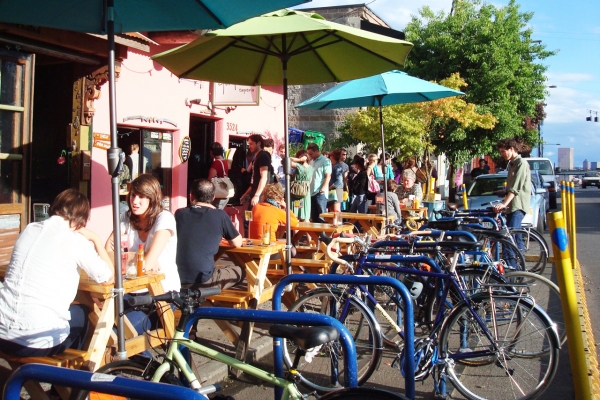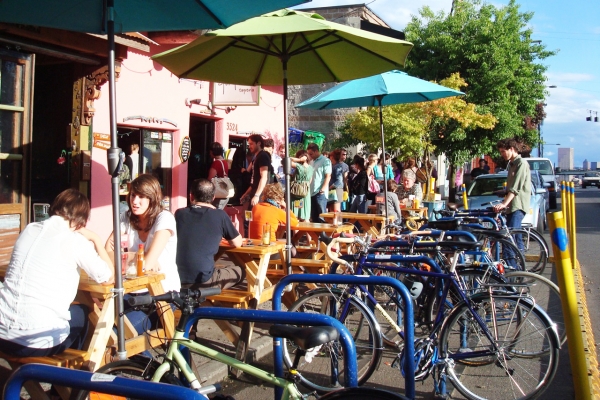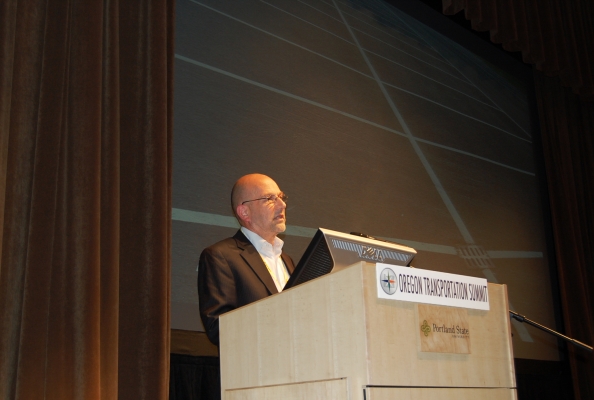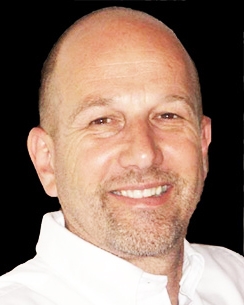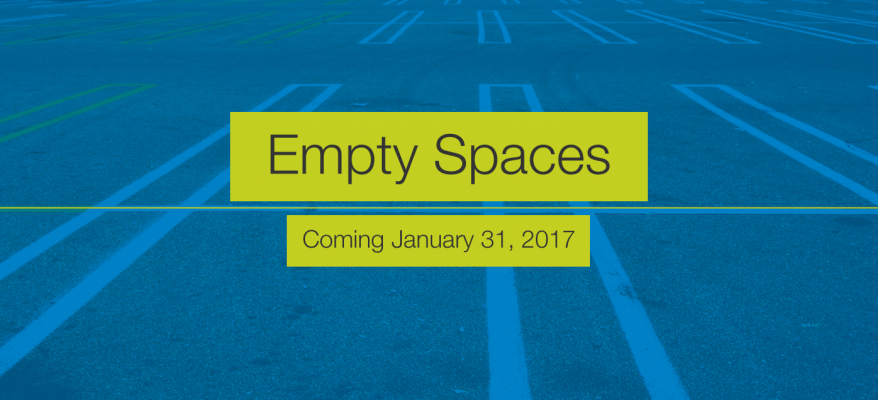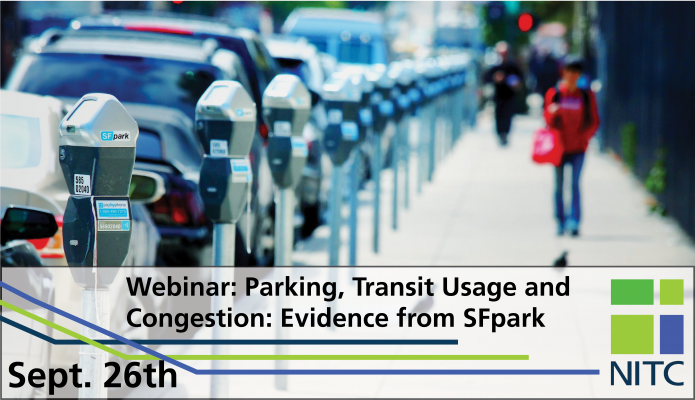In 2015, 5th grade classes at Beaverton’s Chehalem Elementary and 5th and 6th graders at Tobias Elementary in Aloha took part in a NITC education project, Investigations in Transportation, co-sponsored by Portland State University, the Portland Metro STEM Partnership and the Oregon Department of Transportation. The students' work yielded functional changes which will likely be made to the parking lots at both schools, resulting in better traffic flow and increased capacity. The unit was designed to teach students real-world applications of core concepts in STEM (science, technology, engineering and mathematics). After exploring several potential engineering challenges at their schools, both groups of students chose to work on the “Parking Lot Dilemma.” Read the full story below.
Two Oregon elementary schools recently had their parking lots redesigned by the students.
5th grade classes at Beaverton’s Chehalem Elementary and 5th and 6th graders at Tobias Elementary in Aloha took part in a NITC education project, Investigations in Transportation, co-sponsored by Portland State University, the Portland Metro STEM Partnership and the Oregon Department of Transportation.
The students' work yielded functional changes which will likely be made to the parking lots at both schools, resulting in better...
Read more

